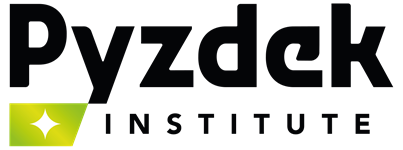Your cart is currently empty!
How Lean Six Sigma has Helped Kraft in a Tough Business Climate
Trefis stated in a recent article published in Forbes that Kraft Foods Group’s ability to reduce its per unit costs and increase its production activity through Lean Six Sigma based enhancements was part of the reason the team increased its price estimate for the company to $61 a share, which was more than 13 times its previous estimate. Led by MIT engineers and Wall Street analysts, the Trefis team helps people understand how a company’s products impact its stock price.
Kraft has faced extreme commodity pressures this year, the team noted, with the prices of dairy products, coffee beans, and meat products all high. Because it uses a lot of these products in production, Kraft was pushed to increase prices on 45 percent of its portfolio. Kraft also faces intense price competition with private label brands, the team stated, and this was reflected in the company’s sales declining last year. This decline is expected to subside in coming years as the price gap closes between private label brands, who must also increase their prices to keep up with the cost of production, and national brands.
Kraft’s use of Lean Six Sigma in its manufacturing process enables it to mitigate the impact of commodity price inflation, the Trefis team stated, with an implied improvement in the company’s production capacity of over 10 percent since it launched its Lean Six Sigma program. This resulted in the net productivity of about 3.3 percent of cost of goods sold last year, the team noted.
The price of commodities was one of those things that Kraft couldn’t control. However, with Lean Six Sigma, the company could stave off the impact of those uncontrollable things by running a more efficient process.

Leave a Reply